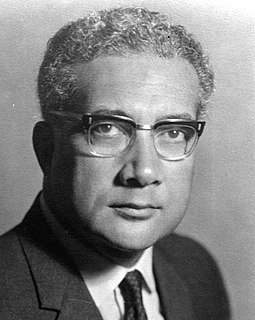A Quote by Danny Silk
The difference between punishment and discipline is a powerful child.
Quote Topics
Related Quotes
Discipline isn't a dirty word. Far from it. Discipline is the one thing that separates us from chaos and anarchy. Discipline implies timing. It's the precursor to good behavior, and it never comes from bad behavior. People who associate discipline with punishment are wrong: with discipline, punishment is unnecessary.
Mothers know the difference between a broth and a consommé. And the difference between damask and chintz. And the difference between vinyl and Naugahyde. And the difference between a house and a home. And the difference between a romantic and a stalker. And the difference between a rock and a hard place.
Friends serve central functions for children that parents do not, and they play a critical role in shaping children's social skills and their sense of identity. . . . The difference between a child with close friendships and a child who wants to make friends but is unable to can be the difference between a child who is happy and a child who is distressed in one large area of life.
Our goal as a parent is to give life to our children's learning--to instruct, to teach, to help them develop self-discipline--an ordering of the self from the inside, not imposition from the outside. Any technique that does not give life to a child's learning and leave a child's dignity intact cannot be called discipline--it is punishment, no matter what language it is clothed in.
Without a sense of the shame or guilt of his or her action, the child will only be hardened in rebellion by physical punishment. Shame (and praise) help the child to internalize the parent's judgment. It impresses upon the child that the parent is not only more powerful but also right. Like the Puritans, Locke (in 1690), wanted the child to adopt the parent's moral position, rather than simply bow to superior strength or social pressure.
I think when we talk about corporal punishment, and we have to think about our own children, and we are rather reluctant, it seems to me, to have other people administering punishment to our own children, because we are reluctant, it puts a special obligation on us to maintain order and to send children out from our homes who accept the idea of discipline. So I would not be for corporal punishment in the school, but I would be for very strong discipline at home so we don't place an unfair burden on our teachers.



































